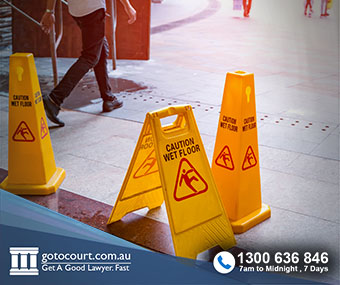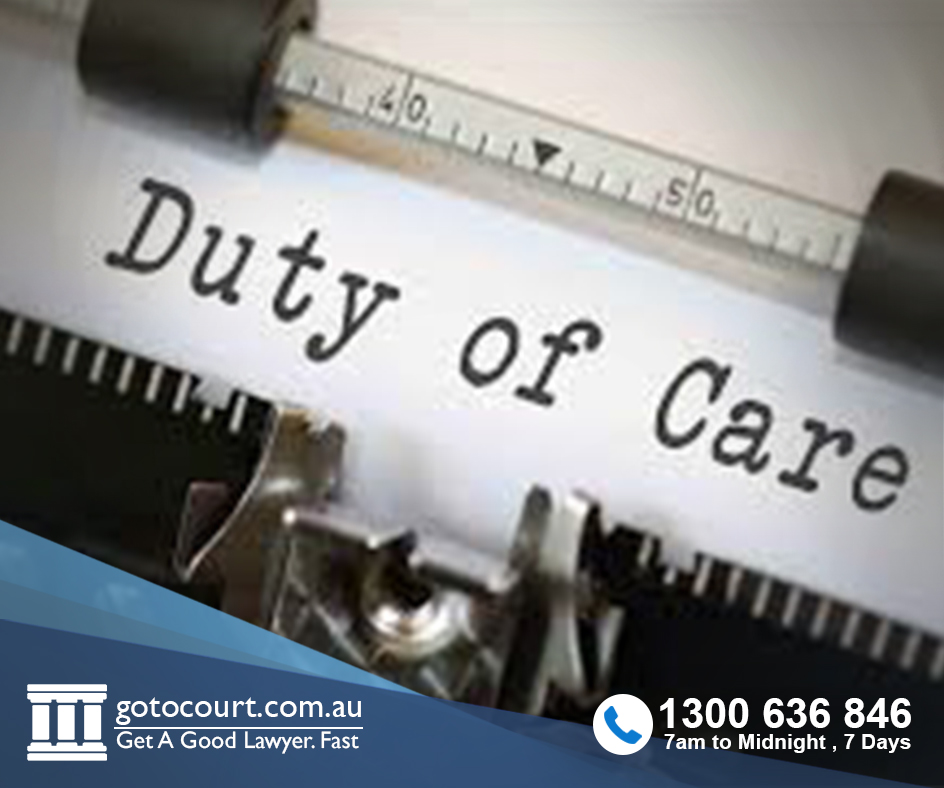Teacher Negligence (QLD)
Teacher Negligence (QLD)
Teachers in Queensland owe a duty of care to their students. As such, they have a responsibility to safeguard the physical and emotional well-being of students. A teacher may be found to be negligent if a student is injured while under their supervision, although this depends on all of the circumstances surrounding the injury. This article examines teacher negligence in Queensland.
Teacher duty of care in Queensland
Teachers in Queensland stand in loco parentis while children are in their care. As such, teachers have not only authority over their students, by also a legal duty to protect these children from foreseeable harm. In fact, the standard of care required of a teacher is similar to that of a careful parent.
Teachers must exercise careful supervision of children not only in the classroom but also at recess and lunch, excursions and during sporting events. A teacher’s duty of care involves a number of responsibilities, including:
- Attentive supervision of students;
- Ensuring that school grounds, property and equipment are safe for students to use;
- Preventing students from hurting themselves or others;
- Assessing the risks associated with activities (such as chemistry experiments and camping activities) and taking necessary precautions;
- Implementing and enforcing anti-bullying strategies; and
- Providing medical assistance (or calling for someone with more medical training) if a student is sick or injured.
Broadly speaking, a teacher should match their degree of attentiveness to the student’s age and cognitive abilities. For instance, a teacher should anticipate that a younger child, or a child with cognitive impairments, will require closer supervision to ensure their safety than an older child.
School duty of care
A school has a non-delegable duty to take reasonable care to ensure the safety of enrolled children. Schools are legally obligated to provide a safe learning environment. The school’s duty of care to protect students from foreseeable injuries means that it must provide adequate supervision, protect students from hazards, and maintain a safe environment and equipment.
Common law precedents, such as the decisions given in Commonwealth v Introvigne and Ramsay v Larsen, establish that a teacher (and, by extension, the school) may be found negligent if a student is injured while under their supervision. Under the doctrine of vicarious liability, a school authority may be liable for the negligence of teachers. In a negligence case, the court considers whether the teacher took reasonable care to prevent harm from coming to the student, given all the circumstances. To satisfy the elements of a negligence claim, the student must prove that:
- The teacher owed them a duty of care;
- The teacher breached their duty of care by not maintaining the appropriate standards;
- The student suffered a physical, emotional or mental injury; and
- The injury was a reasonably foreseeable consequence of the teacher’s negligence.
Bullying and violence
As part of its duty of care, teachers and schools are expected to respond rapidly to bullying (including cyberbullying) and safety concerns (including cyber-safety). If a student experiences a personal injury (physical or psychological) as a result of bullying, the school may be liable if it fails to formulate or implement an anti-bullying plan.
When physical violence occurs on school property, a teacher must do their best to protect the students, short of risking their own safety. In Queensland, when there is a fight between students, a teacher has a responsibility to:
- Disperse students not directly involved in the incident;
- Order the students involved to stop fighting;
- Call for assistance to break up the fight;
- Call the authorities; and
- Physically intervene to separate the students if it is safe to do so.
Duty of care: mandatory reporting
A teacher has a legal requirement to inform the authorities if they believe that a child is being abused or harmed. This includes if the teacher suspects that a child is being abused in their own home. Under the Education (General Provisions) Act 2006, a teacher must immediately make a written report if they reasonably suspect that a student under the age of 18 is the subject of sexual abuse. Similarly, under the Child Protection Act 1999, a teacher has mandatory reporting obligations if they honestly and reasonably suspect that a student is at risk of physical or sexual abuse, when there is no parent who is able and willing to protect the child from harm. A teacher who fails to report a suspicion of abuse may be found to be negligent if the student experiences harm as a result of the failure to report.
Concerning behaviour
There may be instances when a teacher suspects another teacher of concerning behaviour. In that event, the concerned teacher has a duty to take note of the concerning behaviour, consult with a supervisor, and be prepared to report any boundary violation to the relevant authorities. A failure to do so could constitute negligence. Please contact the civil law team at Go To Court for any legal advice on a teacher’s duty of care in Queensland and negligence compensation claims. Call our offices on 1300 636 846 for assistance with any legal matter.

Affordable Lawyers
Our Go To Court Lawyers will assist you in all areas of law. We specialise in providing legal advice urgently – at the time when you need it most. If you need a lawyer right now, today, we can help you – no matter where you are in Australia.How It Works




1. You speak directly to a lawyer
When you call the Go To Court Legal Hotline, you will be connected directly to a lawyer, every time.

2. Get your legal situation assessed
We determine the best way forward in your legal matter, free of charge. If you want to go ahead and book a face-to-face appointment, we will connect you with a specialist in your local area.

3. We arrange everything as needed
If you want to go ahead and book a fact-to-face appointment, we will connect you with a specialist in your local area no matter where you are and even at very short notice.



















